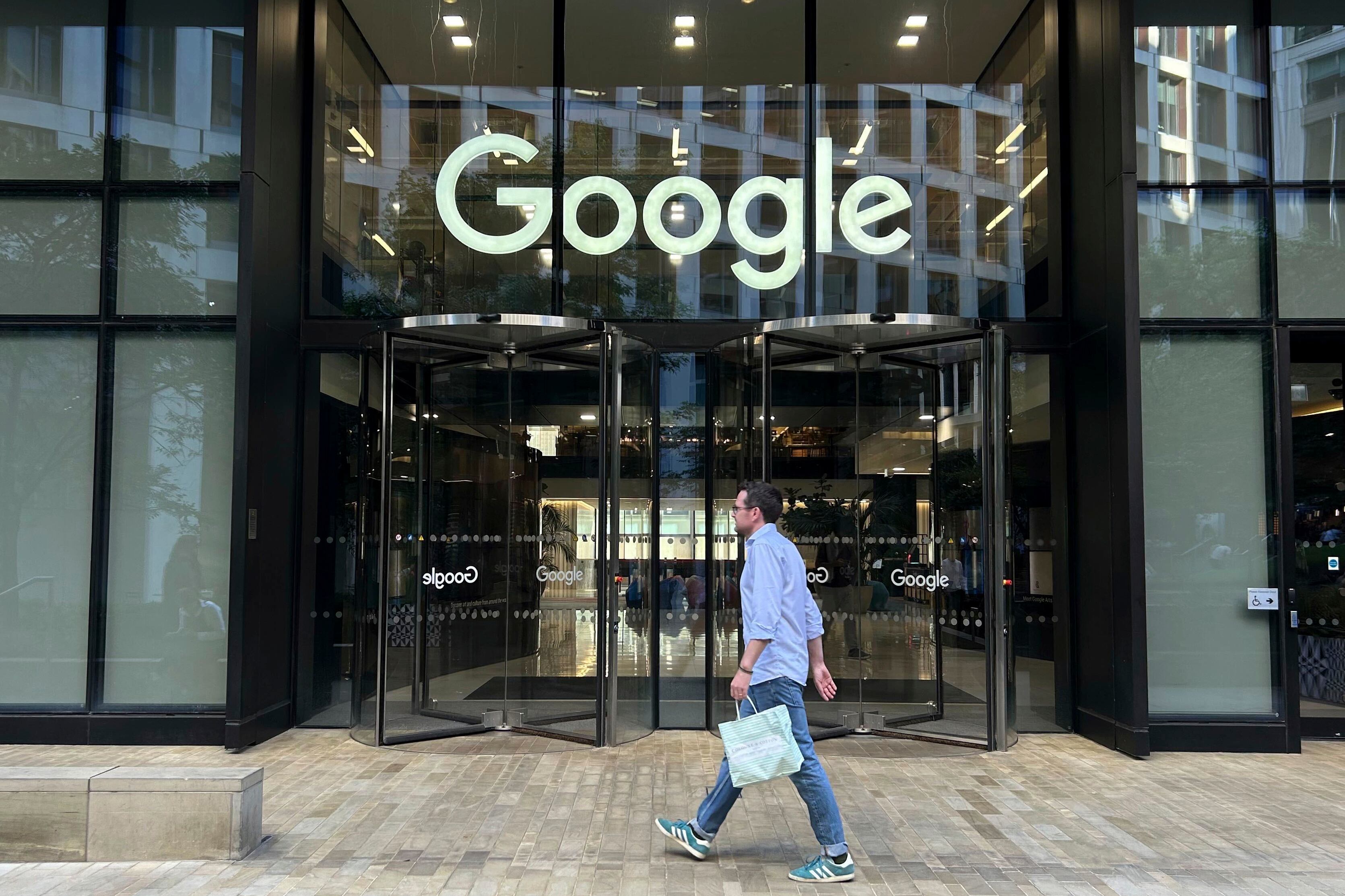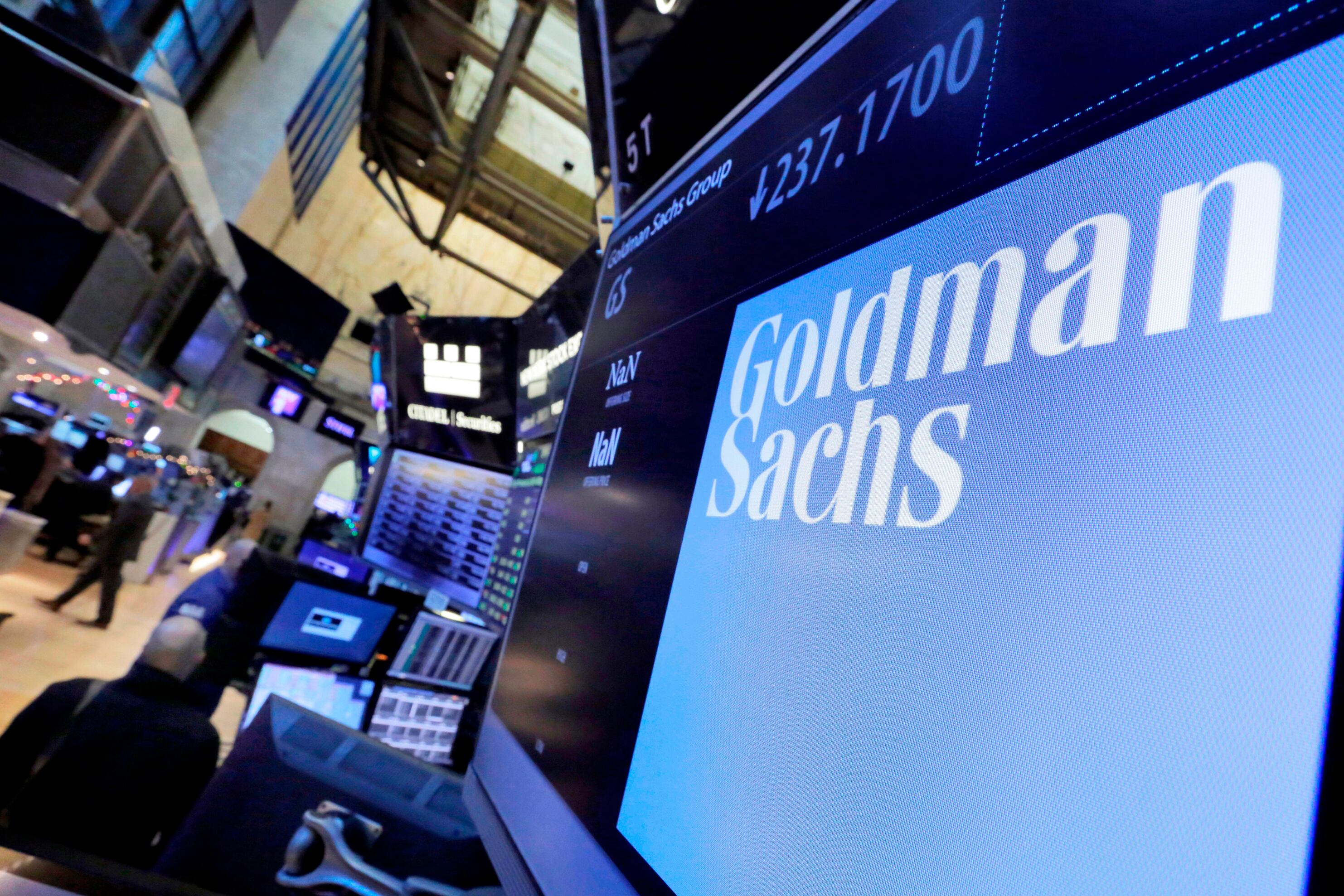The typical compensation package for chief executives who run companies in the S&P 500 jumped nearly 13 percent last year, easily surpassing the gains for workers at a time when inflation was putting considerable pressure on Americans’ budgets.
The median pay package for CEOs rose to $16.3 million, up 12.6 percent, according to data analyzed for The Associated Press by Equilar. Meanwhile, wages and benefits netted by private-sector workers rose 4.1 percent through 2023. At half the companies in AP’s annual pay survey, it would take the worker at the middle of the company’s pay scale almost 200 years to make what their CEO did.
“In this post-pandemic market, the desire is for boards to reward and retain CEOs when they feel like they have a good leader in place,” said Kelly Malafis, founding partner of Compensation Advisory Partners in New York.
The AP’s CEO compensation survey included pay data for 341 executives at S&P 500 companies who have served at least two full consecutive fiscal years at their companies, which filed proxy statements between Jan. 1 and April 30.
Hock Tan, the CEO of Broadcom, topped the AP survey with a pay package valued at about $162 million.
Broadcom granted Tan stock awards valued at $160.5 million on Oct. 31, 2022, for the company’s 2023 fiscal year. Tan was given the opportunity to earn up to 1 million shares starting in fiscal 2025, according to a securities filing, provided that Broadcom’s stock meets certain targets – and he remains CEO for five years.
At the time of the award, Broadcom’s stock was trading at $470. The stock has skyrocketed since, and reached an all-time high of $1,436.17 on May 15. Tan will receive the full award if the average closing price is at or above $1,125 for 20 consecutive days between October 2025 and October 2027.
Broadcom noted that under Tan its market value has increased from $3.8 billion in 2009 to $645 billion (as of May 23) and that its total shareholder return during that time easily surpassed that of the S&P 500.
Other CEOs at the top of AP’s survey are William Lansing of Fair Isaac Corp, ($66.3 million); Tim Cook of Apple Inc. ($63.2 million); Hamid Moghadam of Prologis Inc. ($50.9 million); and Ted Sarandos, co-CEO of Netflix ($49.8 million).
Lisa Su, CEO of chipmaker Advanced Micro Devices, was the highest paid female CEO in the AP survey for the fifth year in a row in fiscal 2023, bringing in compensation valued at $30.3 million — flat with her compensation package in 2022. Her overall rank rose to 21 from 25.
Workers across the country have been winning higher pay since the pandemic, with wages and benefits for private-sector employees rising 4.1 percent in 2023 after a 5.1 percent increase in 2022, according to the Labor Department.
Even with those gains, the gap between the person in the corner office and everyone else keeps getting wider. Half the CEOs in this year’s pay survey made at least 196 times what their median employee earned. That’s up from 185 times in last year’s survey.
The disparity between what the chief executive makes and the workers earn wasn’t always so wide.
After World War II and up until the 1980s, CEOs of large publicly traded companies made about 40 to 50 times the average worker’s pay, said Brandon Rees, deputy director of corporations and capital markets for the AFL-CIO, which runs an Executive Paywatch website that tracks CEO pay.
“The (current) pay ratio signals a sort of a winner take all culture, that companies are treating their CEOs as, you know, as superstars as opposed to, team players,” Rees said.
Despite the criticism, shareholders tend to give overwhelming support to pay packages for company leaders. From 2019 to 2023, companies typically received just under 90 percent of the vote for their executive compensation plans, according to data from Equilar.
Shareholders do, however, occasionally reject a compensation plan, although the votes are non-binding. In 2023, shareholders at 13 companies in the S&P 500 gave the pay package less than 50 percent support.
Sarah Anderson, who directs the Global Economy Project at the progressive Institute for Policy Studies, said Say on Pay votes are important because they “shine a spotlight on some of the most egregious cases of executive access, and it can lead to negotiations over pay and other issues that shareholders might want to raise with corporate leadership.”
After its investors gave another resounding thumbs down to the pay packages for its top executives, Netflix met with many of its biggest shareholders last year to discuss their concerns.
Following the talks, Netflix announced several changes to redesign its pay policies. For one, it eliminated executives’ choice to allocate their compensation between cash and options. It will no longer give out stock options, which can give executives a payday as long as the stock price stays above a certain level. Instead, the company will give restricted stock that executives can profit from only after a certain amount of time or after certain performance measures are met.
The changes will take effect in 2024.
More broadly, say on pay votes haven’t made a big difference, Anderson says. “I think the impact, certainly on the overall size of CEO packages has not had much effect in some cases.”









